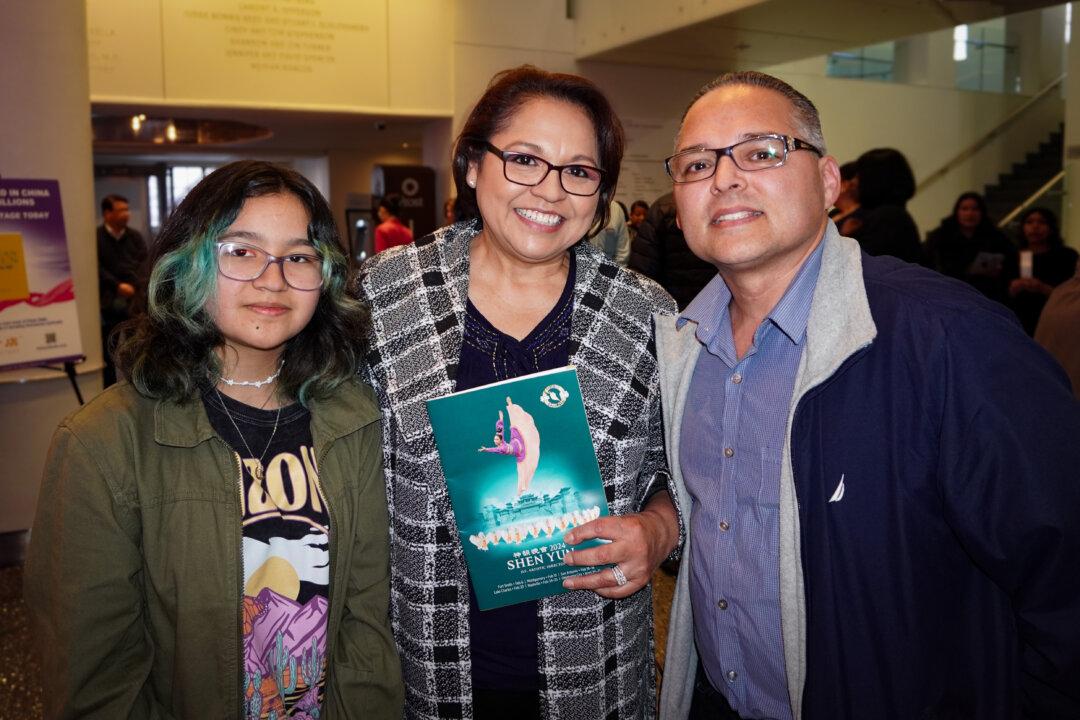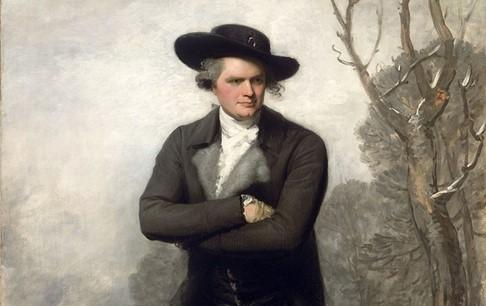MONROE—The Monroe Town Board set the tone at the beginning with councilmen clashing with supervisor Harley Doles. The public hearing on April 4 brought out attorneys representing developers and the Hasidic community and residents who sharply disagreed on whether the town should enact a three-month building moratorium.
The standing-room only crowd of about 120 quietly listened; a few Hasidic men stood in the back. A contingent of public safety officers stood on the perimeter of the meeting room.
Doles said that several elected officials were invited and stressed the importance of the issue. He began to talk about the annexation in Kiryas Joel and was cut short by councilman Mike McGinn, who asked that the meeting move forward with the public comment, as Doles attempted to continue talking. Tony Cardone said, “This is for the public. This isn’t for us.”
After the town clerk read the proposed local law, newly-appointed town planner Bonnie Franson introduced the issue.
Franson referred to state law about comprehensive plans. She said her firm Nelson Pope & Voorhis decided it was time to update a 2005 plan, saying the plan requires timely updates.
Soial-economic trends have changed, she said. “The growth trends in the unincorporated area have not been realized and [that] has implications for land use, including housing needs.”
Franson said measures in the 2005 plan were not adopted, including steep slope and stream protection, and ensuring that land uses are consistent between the plan and zoning regulations. She said some parts of town should be kept for ratable businesses.
The accessory apartment provisions, a sensitive issue with the Hasidic Jewish community, should be revised to prevent abuse.
“Ultimately the town needs a snapshot of its land use pattern so it can make any adjustments based on the updated information for planning practices, sustainability, and resiliency.”
The planners recommended the moratorium go forward while the town considers an update to the plan “to bring it into the 21st century.”
Hasidic Concerns
Attorney Benjamin Rose said the moratorium directly targeted the Hasidic Jewish community. “The moratorium is plainly based on clear and documented discriminatory animus and considerations.” The attorney said his clients are prepared to “pursue and vindicate their rights to the fullest extent of the law.”
Other speakers took issue with Rose. Mike Endrizzi found Rose “highly offensive to throw around the religious card and the threats. I don’t believe this is an issue.”





